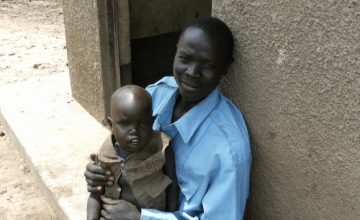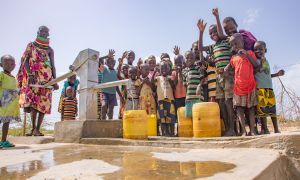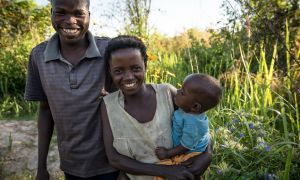
Read our 2023 annual report

Knowledge Hub
A review of 10 years of Water, Sanitation and Hygiene programmes in Uganda
This paper details Concern Worldwide's Water, Sanitation and Hygiene (WASH) intervention in Northern Uganda spanning a 10 year period, bridging emergency and development phases.

There is a tendency for WASH interventions in emergency settings to be spontaneous and they frequently conclude before the emergency is over. Similarly, organisations may respond to emergencies not as part of their longer term country strategies, but rather as rapid responses to request for emergency calls.
Whereas such emergency programming is characteristic of refugee- type humanitarian programmes that might culminate in voluntary repatriation, in emergency situations, like the case of the Internally Displaced Persons (IDPs) programme in Northern Uganda, there is need to adopt a Linking Relief, Rehabilitation and Development (LRRD) approach that entails planning for post - emergency recovery and development programmes as well.




